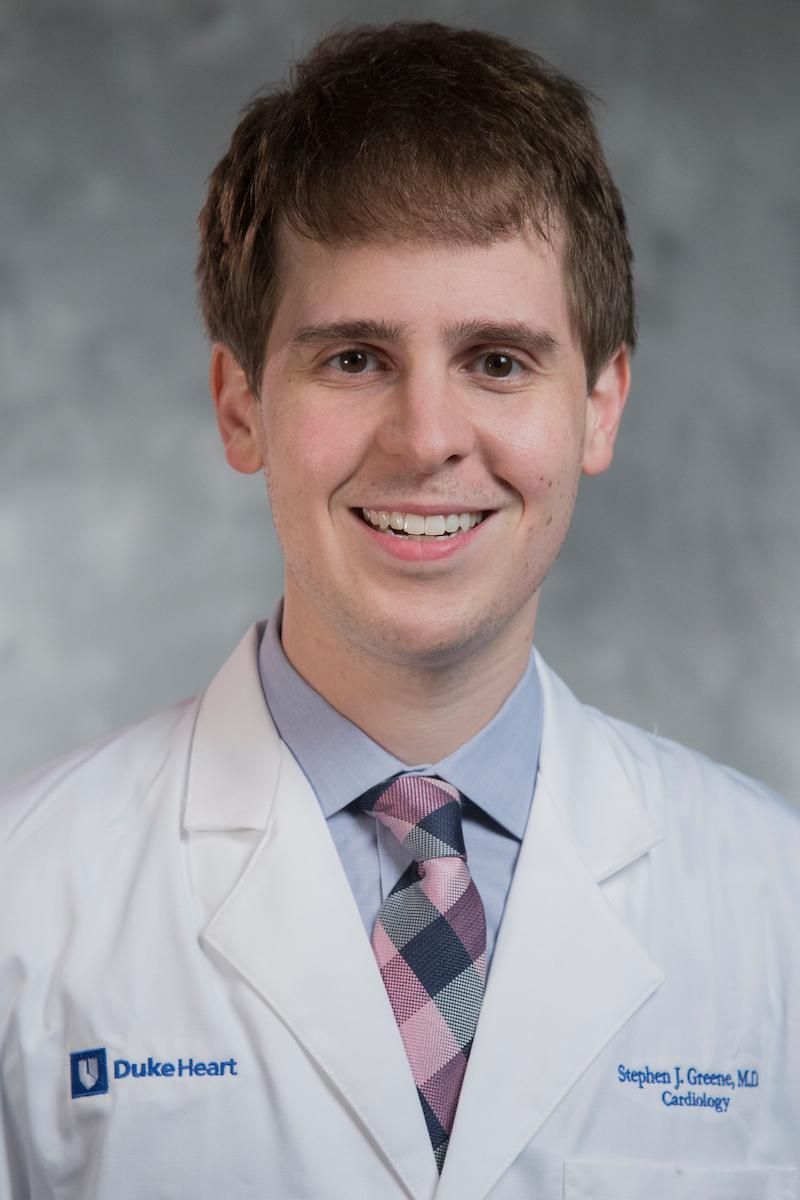- Center on Health Equity & Access
- Clinical
- Health Care Cost
- Health Care Delivery
- Insurance
- Policy
- Technology
- Value-Based Care
Sneak Peek at ESC Congress 2023 With Dr Stephen Greene
Attendees should look out for results from the STEP HFpEF program and HEART-FID trial at the European Society of Cardiology (ESC) Congress 2023, said Stephen Greene, MD, Duke University Medical Center and the Duke Clinical Research Institute.
In an interview with The American Journal of Managed Care® (AJMC®), Stephen Greene, MD, Duke University Medical Center and the Duke Clinical Research Institute, highlighted themes to be addressed at the European Society of Cardiology (ESC) Congress 2023. The conference takes place August 25-28, 2023, in Amsterdam, the Netherlands.
Stephen Greene, MD

AJMC: What are you most looking forward to at ESC Congress 2023?
Greene: There are a couple key heart failure trials being presented at the ESC Congress this year. I think top of mind is the STEP HFpEF program, which is testing semaglutide in patients with obesity and heart failure with preserved ejection fraction (HFpEF). We already know the topline results for the co-primary end points of weight loss and improvement in Kansas City Cardiomyopathy Questionnaire (KCCQ) score, and there were substantial benefits on both those fronts. But I think this is really going to be an exciting opportunity for our patients and really the field—it's the first therapy really directly targeting obesity as a management strategy for improving outcomes in patients with HFpEF. We know there's such strong epidemiologic overlap between HFpEF and obesity, particularly here in the United States, so I think this is going to really open up huge next steps for our patients and how to best manage them, and I think could make a lot of patients feel a lot better. So, I'm excited to see the oral presentation of those data.
A second key trial that I'll have my eye on is the HEART-FID trial, which is testing intravenous (IV) ferric carboxymaltose and IV iron formulation among patients with heart failure with reduced ejection fraction (HFrEF) and iron deficiency. There has been smaller studies that have supported functional improvements and quality of life improvements with IV iron in patients with HFrEF and iron deficiency. But really, there's been kind of mixed data or borderline signals on clinical outcome benefits, things like heart failure hospitalizations. So, HEART-FID will be the largest IV iron trial ever conducted. It will include about half the patients from North America, so as a US practicing cardiologist, it will give me a lot of generalizability to the patients I'm seeing in practice. But, importantly, it’s powered for clinical outcomes. We'll hopefully have a definitive answer on whether IV iron in iron-deficient patients with HFrEF can actually improve clinical outcomes, apart from just quality of life and functional improvements.
AJMC: What are some trends, challenges, or anticipated changes in the cardiology space to look out for at ESC Congress 2023?
Greene: A key theme at this year's ESC Congress and just really in the cardiology space in general is implementation science. We're making such tremendous progress in our landmark trials showing new guideline-directed medical therapies and device therapies to help improve outcomes. But again, [the question is] can we get these therapies to our patients we're seeing in our clinical practice? I think there's a huge movement now toward evidence-based implementation in taking care of our heart failure patients. And, again, I expect that theme to continue at the ESC Congress and I’m excited to see a lot more presentations and data supporting best possible ways to implement our evidence-based therapies.
